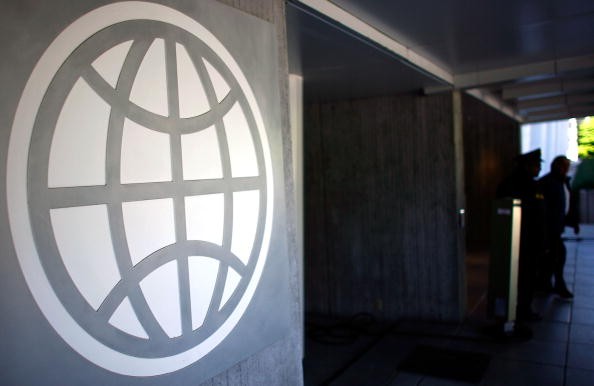World Bank President Jim Yong Kim remarked on Thursday that the Washington-based multilateral lender will likely take the lead in the projects that it will co-finance with China's newly established Asian Infrastructure and Investment Bank (AIIB), Reuters reported.
On Wednesday, the two financial institutions inked a framework agreement to co-finance projects involving various sectors such as transport, water and energy. The joint ventures will cover countries in the Central, South and East Asia.
Formally launched in January, the AIIB is expecting to approve $1.2 billion in financing this year. Majority of this amount will be accounted for by the joint projects with the World Bank, the article said.
Kim shared to the media that such financing initiatives will "require a massive amount of up-front preparation work, and the AIIB is still building up its capabilities," Reuters said.
"The AIIB is only now increasing their staff. So likely, the first projects will be that we do all of that project preparation, we do all the work that requires huge amounts of staff in a large and institutional infrastructure, and then they will simply co-finance," the World Bank president said.
Kim noted that no decisions have yet been made about the specific projects World Bank will co-finance with the AIIB.
Kim further stated that the jointly financed projects will utilize World Bank's procedures and policies on procurement, environment and social safeguards.
Meanwhile, the AIIB is forecast to annually lend $10 billion to $15 billion for the first five or six years of its operations. The new bank is also expected to provide an alternative to other Western-dominated financial institutions.
The AIIB, which also signals China's increasing economic clout, lists many U.S. allies as its members. These countries include Australia, Britain, Italy, German, South Korea and the Philippines. The membership of these nations comes despite strong opposition from Washington.



























